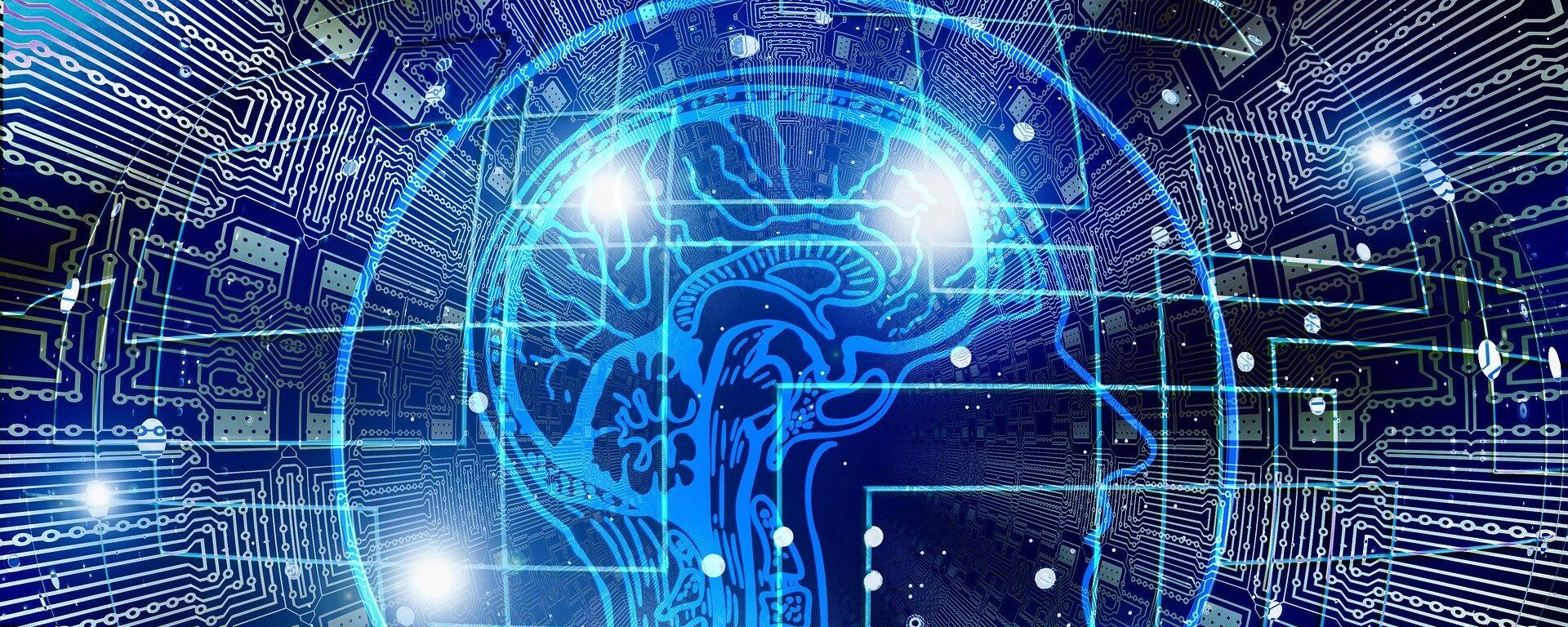https://en.sputniknews.africa/20231223/putins-analogy-of-ai-with-nuclear-true-ethical-development--use-crucial---african-minister-1064269793.html
Putin's Analogy of AI & Nuclear True, Ethical Development & Use Crucial: African Minister
Putin's Analogy of AI & Nuclear True, Ethical Development & Use Crucial: African Minister
Sputnik Africa
On December 14, responding to a question about the rapid development of artificial intelligence (AI) during his annual press conference and question-and-answer... 23.12.2023, Sputnik Africa
2023-12-23T17:58+0100
2023-12-23T17:58+0100
2023-12-23T18:00+0100
sub-saharan africa
vladimir putin
russia
ethiopia
artificial intelligence (ai)
information and communication technology
technology
digital technology
nuclear weapons
nuclear energy
https://cdn1.img.sputniknews.africa/img/07e7/0c/17/1064270744_0:183:3159:1960_1920x0_80_0_0_446fd26d25be60b265e2b2af028c2548.jpg
Russian President Vladimir Putin's comparison of artificial intelligence to nuclear technology is a fascinating analogy due to the dual nature of both technologies, Dr. Belete Molla, Ethiopia's Minister of Innovation and Technology, told Sputnik Africa in an interview.Minister Molla suggested that "we should consider how we as a society choose to use and control this tremendous technology." According to him, to maximize AI's potential for good while avoiding its threats, the focus should be on "responsible development, ethical usage, and effective governance."The Ethiopian minister added that AI technology's potential impact on developing countries, such as those in Africa, can be "both transformative and multifaceted".The official also said that the impact of AI in healthcare "cannot be overstated," as this technology can provide tools for diagnosis, patient management, and even remote consultations in "under-resourced areas." According to him, such an impact can "significantly bridge the gap in healthcare accessibility."Addressing concerns that AI could potentially "displace some jobs," the minister said the technology can also create new opportunities in emerging tech sectors.
https://en.sputniknews.africa/20230821/scientists-working-on-ai-tools-that-speak-african-languages-1061493013.html
russia
ethiopia
east africa
Sputnik Africa
feedback@sputniknews.com
+74956456601
MIA „Rossiya Segodnya“
2023
Muhammad Nooh Osman
https://cdn1.img.sputniknews.africa/img/07e7/04/0a/1058467512_0:0:1280:1280_100x100_80_0_0_ec723833bcbfcaed2e21952965ad99e4.jpg
Muhammad Nooh Osman
https://cdn1.img.sputniknews.africa/img/07e7/04/0a/1058467512_0:0:1280:1280_100x100_80_0_0_ec723833bcbfcaed2e21952965ad99e4.jpg
News
en_EN
Sputnik Africa
feedback@sputniknews.com
+74956456601
MIA „Rossiya Segodnya“
Sputnik Africa
feedback@sputniknews.com
+74956456601
MIA „Rossiya Segodnya“
Muhammad Nooh Osman
https://cdn1.img.sputniknews.africa/img/07e7/04/0a/1058467512_0:0:1280:1280_100x100_80_0_0_ec723833bcbfcaed2e21952965ad99e4.jpg
vladimir putin, russia, ethiopia, artificial intelligence (ai), information and communication technology, technology, digital technology , nuclear weapons, nuclear energy, east africa
vladimir putin, russia, ethiopia, artificial intelligence (ai), information and communication technology, technology, digital technology , nuclear weapons, nuclear energy, east africa
Putin's Analogy of AI & Nuclear True, Ethical Development & Use Crucial: African Minister
17:58 23.12.2023 (Updated: 18:00 23.12.2023) Muhammad Nooh Osman
Writer/Editor
On December 14, responding to a question about the rapid development of artificial intelligence (AI) during his annual press conference and question-and-answer session, Russian President Vladimir Putin compared AI to nuclear technology, with both positive and negative aspects.
Russian President Vladimir
Putin's comparison of artificial intelligence to nuclear technology is a fascinating analogy due to the dual nature of both technologies,
Dr. Belete Molla, Ethiopia's Minister of Innovation and Technology, told
Sputnik Africa in an interview.
"AI, like nuclear technology, has both helpful and hazardous applications. The contrast highlights AI's dual nature: it can promote innovation and development for humanity while also posing substantial risks if exploited or developed without proper ethical considerations, rules, and safeguards," the African minister said.
Minister Molla suggested that "we should consider how we as a society choose to use and control this tremendous technology." According to him, to maximize AI's potential for good while avoiding its threats, the focus should be on "responsible development,
ethical usage, and effective governance."
The Ethiopian minister added that AI technology's
potential impact on developing countries, such as those in Africa, can be "both transformative and multifaceted".
"First and foremost, AI can be a game-changer in agriculture, which is a cornerstone of many African economies. By leveraging AI in precision farming, farmers can make informed decisions that lead to increased crop yields and sustainable practices," Molla explained.
The official also said that the impact of AI in healthcare "cannot be overstated," as this technology can provide tools for diagnosis, patient management, and even remote consultations in "under-resourced areas." According to him, such an impact can "significantly bridge the gap in healthcare accessibility."
"Another critical area is financial inclusion. Many people in Africa don't have access to traditional banking services. AI-powered fintech solutions can provide personalized financial services, like microloans and insurance, directly to individuals, thereby promoting economic empowerment and growth," Minister Molla told Sputnik Africa, adding that "education is another sector where AI can make a profound impact."
Addressing concerns that AI could potentially "displace some jobs," the minister said the technology can also create new opportunities in emerging tech sectors.
"This necessitates a focus on skills development and education in AI and related fields," Molla said. "So, to harness AI full benefits, it's crucial to address challenges like skill development, infrastructure, ethical AI development, funding, international collaboration, and the formulation of effective economic policies that support and regulate AI growth."



